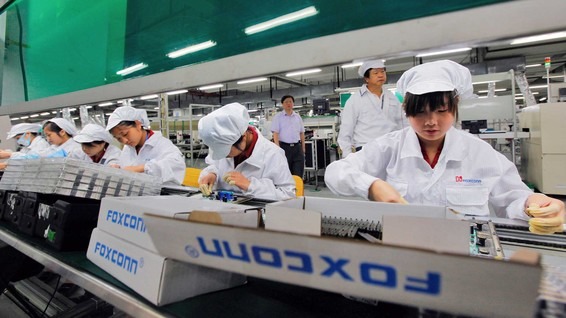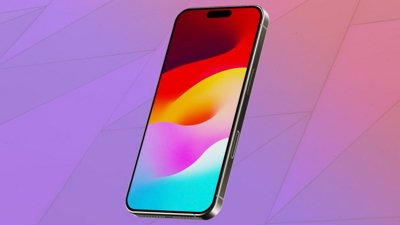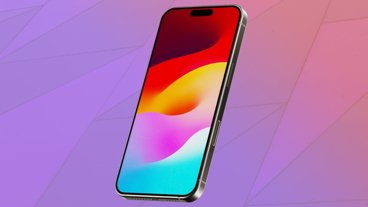Supply chain reports suggest that Apple's and Samsung's rapacious demand for smartphone components will deeply impact parts available for other manufacturers, with industry-wide shortages expected in the second half of 2017.
According to a report from DigiTimes, Chinese component manufacturers have been building up component supplies, readying for the ramp-up in flagship smartphone production. Supplies are said to be at an all-time low, because inventory levels are unexpectedly low after adjustments from the previous two quarters.
Aggravating the situation, the new flagships have higher default capacities, more RAM, and multiple lenses and camera elements, putting a further pinch on component quantities needed, as compared to previous year's demands. According to the sources, orders for USB Type-C interfaces are notably more prevalent this year as well, as are 18:9 display panels.
Specific to the iPhone, volume production of the "iPhone 7s" and "iPhone 8" families are expected to put strain on casing manufacturers, like what happened in the "ultrabook" days with aluminum fabrication, and high-end fingerprint sensor component vendors.
DigiTimes has an unreliable track record in predicting Apple's future product plans. Though the publication does generally provide accurate information from Apple's supply chain, it frequently gets both timing and features wrong on upcoming products.
Recently, reports have circulated that Apple has solved the problem of embedding a Touch ID sensor in the phone's edge-to-edge OLED display. A rear-mounted sensor has been suggested some other leaks, but those are believed at this point to be early engineering prototypes.
The "iPhone 8" should be announced at a September press event, though mass production might only begin in October or November. In the meantime the company should have two LCD-based phones — the "iPhone 7s" and "7s Plus" which retain the design and features of the iPhone 7 family.
 Mike Wuerthele
Mike Wuerthele


 William Gallagher
William Gallagher

 Andrew O'Hara
Andrew O'Hara
 Wesley Hilliard
Wesley Hilliard

 Malcolm Owen
Malcolm Owen
 Marko Zivkovic
Marko Zivkovic




-m.jpg)




26 Comments
Apple should really apologize for this...
/s
I take exception to the use of the word "rapacious". Apple (and Samsung) are not being aggressively greedy or covetous. They're just making the things people want to buy. This may surprise the author, but no other companies really need 100 million of any component. It's not like HTC would sell 100 million phones if only they had the parts.
Apple is being said to have a rapacious demand for components and yet it's generally agreed by Wall Street that Apple doesn't sell nearly enough iPhones to grow market share. Relative viewpoints are so different. I honestly don't think rapacious is the correct term in this case. I would think that term would be a better fit if used for the entire Android OS smartphone platform.